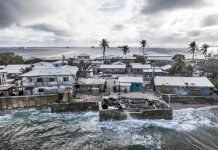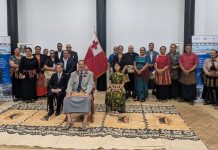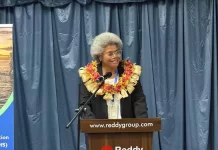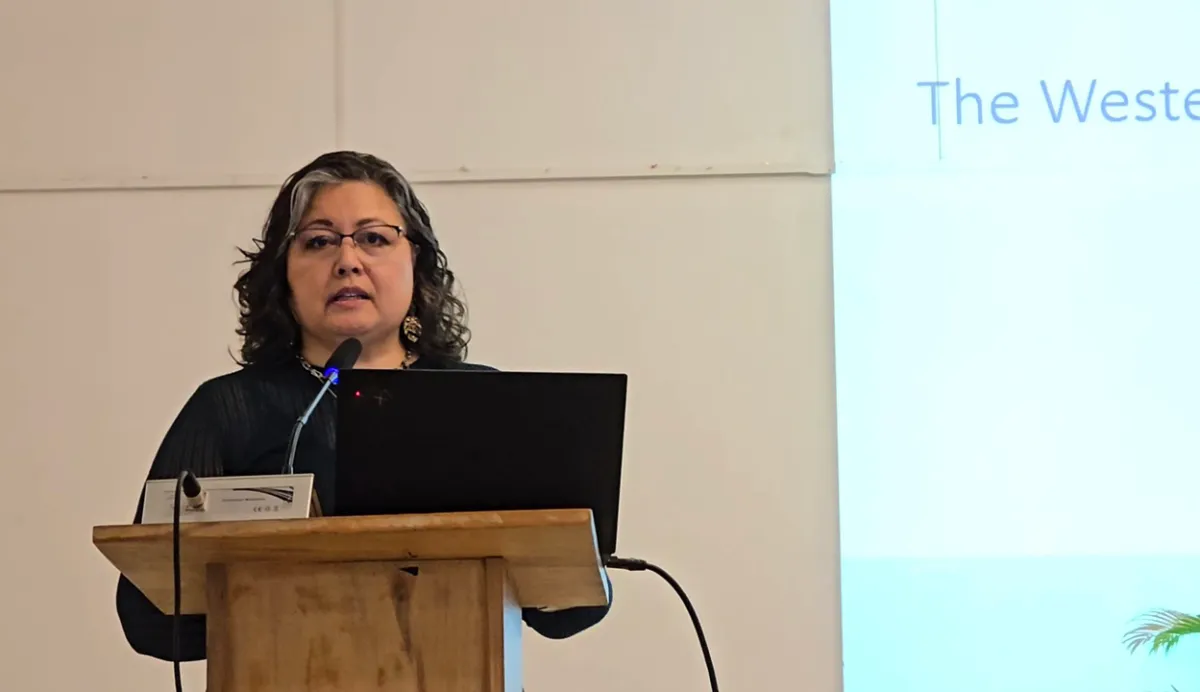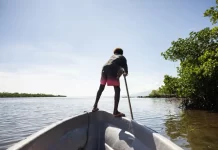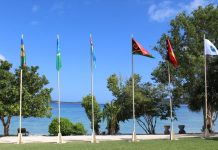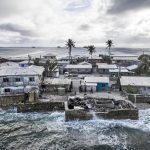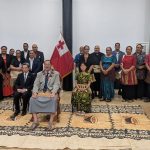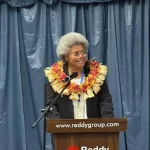The Western Central Pacific Fisheries Commission (WCPFC) has embraced innovative communication tools to enhance its operations, underlining the importance of effective information-sharing in managing the world’s largest tuna fishery.
WCPFC Executive Director Rhea Moss-Christian highlighted the transformative role of technology showcasing how artificial intelligence (AI) has been utilised to expand outreach during a recent address at FFA’s WCPFC Communications Training in Suva, Fiji this week.
“We’ve leveraged tools like Google Notebook LM to convert my annual report into an AI-generated podcast,” she explained. “It’s fascinating to see how technology is reshaping the way we communicate.”
This approach underscores the Commission’s commitment to transparency, ensuring stakeholders and the public are informed about its critical work in sustainable fisheries management. “As an organisation, we have a serious obligation to share what we do and why we do it,” Moss-Christian emphasised.
The WCPFC, headquartered in Pohnpei, manages over 50 percent of the world’s tuna supply across the Western and Central Pacific Ocean. Unlike other global tuna management bodies, WCPFC’s jurisdiction spans exclusive economic zones of Pacific Island nations and high seas, giving it a unique structure.
Moss-Christian credited the leadership of Pacific Island states for ensuring the biological sustainability of tuna stocks. “Small island developing states play a hugely significant role,” she said.
“Their dedication to proper, sustainable management has been a cornerstone of WCPFC’s success.”
The Commission collaborates with regional organisations like the Forum Fisheries Agency (FFA) and the Pacific Community (SPC) to integrate science and technology into its management measures. These partnerships ensure consistent policies for tuna stocks as they migrate across national and international waters.
Despite its successes, WCPFC faces challenges in navigating geopolitical tensions and the impacts of climate change, both of which affect Pacific fisheries. Moss-Christian stressed the importance of cooperation and adaptability to address these complex issues, ensuring the region remains a global leader in sustainable fisheries management.
As WCPFC open for its 21st session today, its focus remains clear: fostering collaboration, leveraging technology, and applying the best available science to safeguard one of the planet’s most valuable natural resources.


